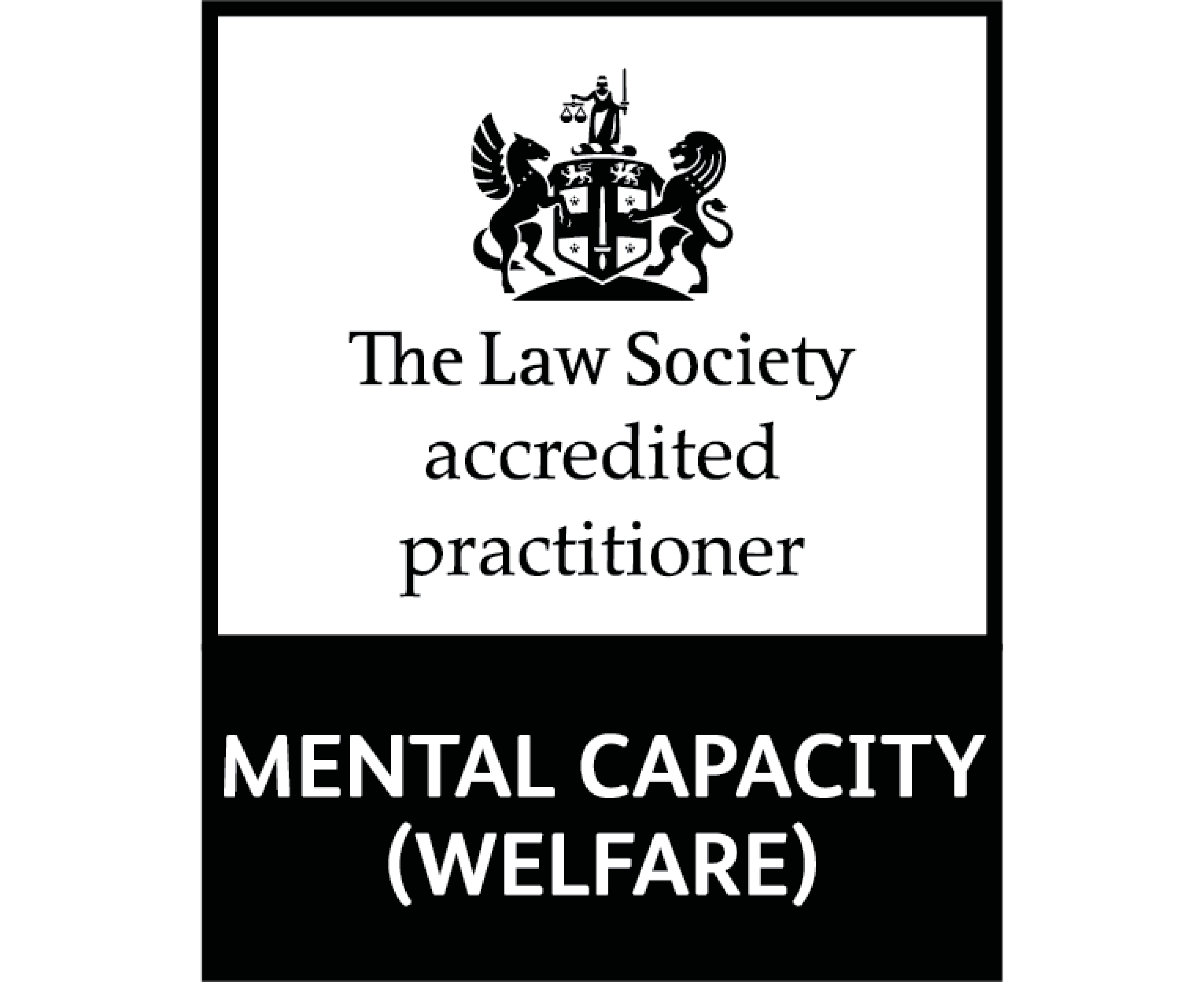Every parent hopes their pregnancy will end with the birth of a healthy baby, with no complications arising.
However, problems during both pregnancy and the birthing procedure are more common than you think.
This can be an injury to the baby or even the mother herself.
Unfortunately, in some cases these complications could have been avoided.










